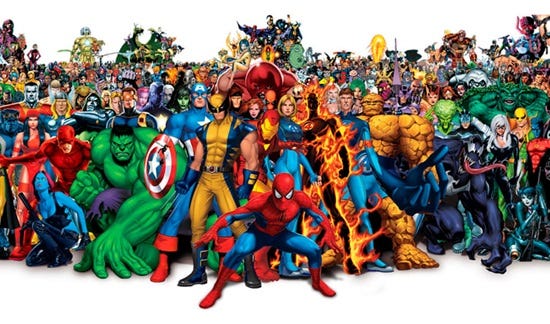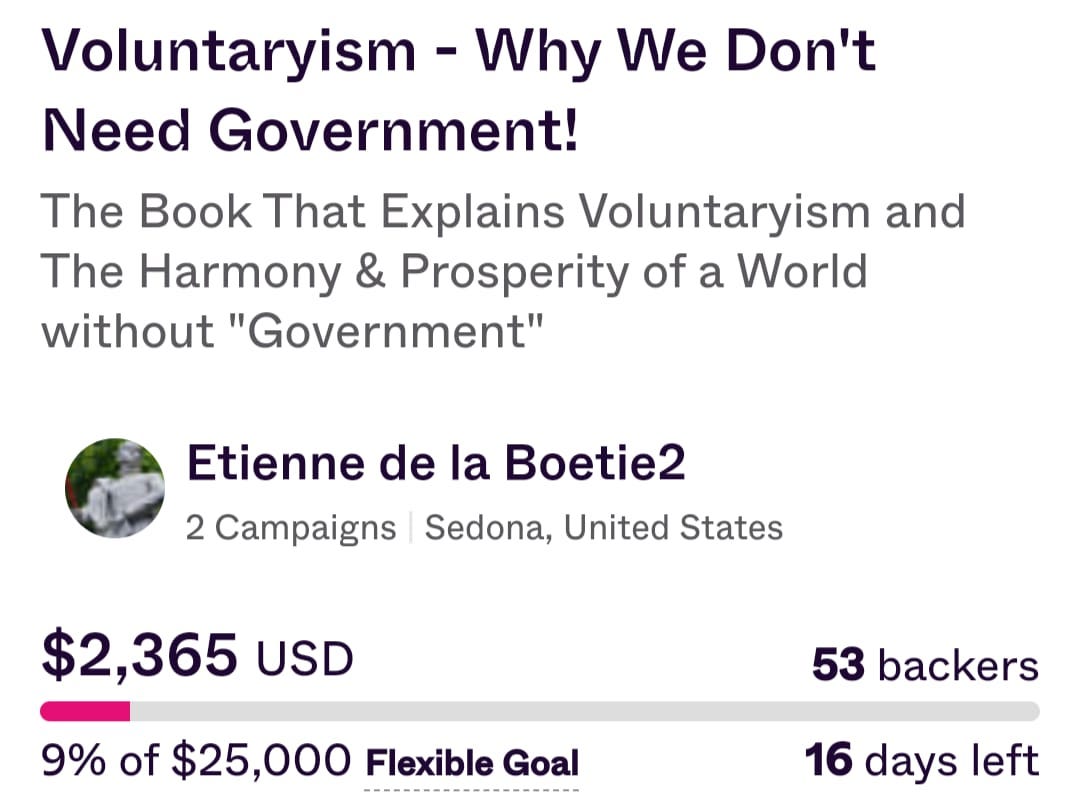"Superheroes" Reflect Our Powerlessness
And so we end up back in MovieLand, where we vicariously experience having powers we do not possess in real life.
And so we end up back in MovieLand, where we vicariously experience having powers we do not possess in real life.
Films reflect the collective unconscious in ironic ways. During the Great Depression, films didn't dwell on the miseries of real life; they were carefree concoctions making light of the idle rich (The Thin Man, 1934, My Man Godfrey, 1936), with the realistic (but still ending on a positive note) The Grapes of Wrath arriving a decade into the Depression in 1940.
In contrast, the boom years of the 1950s were the heyday of dark-themed Noir films that explored (and exploited) the underbelly of human nature and American life.
Cast in this light, what do we make of our multi-decade cultural embrace of Superhero films? We can try to write it all off as Hollywood's happy discovery of an entire realm of "tentpole" franchises that can be milked for billions of dollars in reliable revenues, but this misses the undertow of cultural significances.
Is it coincidence that the decades of Superhero worship track the rise of our collective powerlessness over the shape of our future? I sense the outrage and indignation this ignites--how dare you say we're powerless, we have more power over our lives than ever before.
For a contrarian view, let's tap the 1964 classic by Jacques Ellul, The Technological Society (this link is to a free PDF of the book, with gratitude to correspondent Bruce M. for bringing this book to my attention). It is impossible to summarize a 500-page book dense with important ideas, but let's start with Ellul's insight into our collective powerlessness over the future course of the economy and our own daily lives.
In essence, Ellul explains how technology and the ever-expanding need for profitable investments control our collective future. Once the basic human needs have been met--shelter, food, water, education, medical care, etc.--then investment opportunities aren't driven by human need, but by technology's continuous advance.
Did humanity really "need" every appliance to have WiFi? No. Technology generated WiFi and the need for investment opportunities then generated The Internet of Things (IOT) which spawned vast new product lines--appliances with WiFi. Coupled with the the collapse of quality and durability, this technology led to water heaters having WiFi, just in case your phone doesn't have enough apps, alarms, chirps and notifications.
That water heaters once cost $160 and now cost $500 is the financial payoff of advancing technology creating new opportunities to invest capital. For if capital can't find new opportunities to invest and grow profits, the economy slides into Depression, and that ghastly prospect looms in the collective unconscious as the nightmare to be avoided at all costs.
And so microwave ovens now have a second "child safety button" that must be pushed first to open the door. Safety is a ready-made excuse for adding whatever technology has come up with, and as we scan the horizon, it's already abundantly clear that the tens of billions of dollars gushing into AI will be followed by trillions of dollars seeking higher profits from putting some simulacrum of AI into every device, every appliance, every app and indeed every technology, not because it improves our well-being but because it's the investment opportunity that we desperately need to avoid the cataclysm of Depression.
We are powerless to question this process, much less resist it, and so we revel in fantasies of super-powers that enable the defeat of powerful forces that threaten us. That AI will automate away entire sectors of human livelihoods--we're powerless to resist that, just as we're powerless to stop the collapse of durability and the Anti-Progress of useless complexity and the ever-greater demands on us to perform unpaid shadow work to keep all the complexity duct-taped together so we can maintain all the technologies that we are now dependent on, not by choice but because there is no choice.
The cavalcade of superheroes reflect our powerlessness and our yearning for actual control of our lives rather then the simulacrum of consumer choice of products and services that don't serve our well-being, they serve the one true need, to expand opportunities to invest.
Our IndieGoGo for my new book: Voluntaryism - How the Only “ISM” Fair for Everyone Leads to Harmony, Prosperity and Good Karma for All! has raised $2365 from 53 backers or 9% of our $25,000 goal in less than a week with 16 days left! You can get some great perks for pre-ordering at https://www.indiegogo.com/projects/voluntaryism-why-we-don-t-need-government








The victim/perpetrator/savior triangle brings the weak, the lazy, and the immature to the government teat. The government makes sure the people are inundated with this messaging (you will find it everywhere) and that most people are primed for weakness, laziness, and immaturity through the public school system, popular culture, and all forms of media.
I just think movies are mkultra 17.0. I dont think covid would have run its course as it did without that purple guy priming everyone how great is to kill half the population.